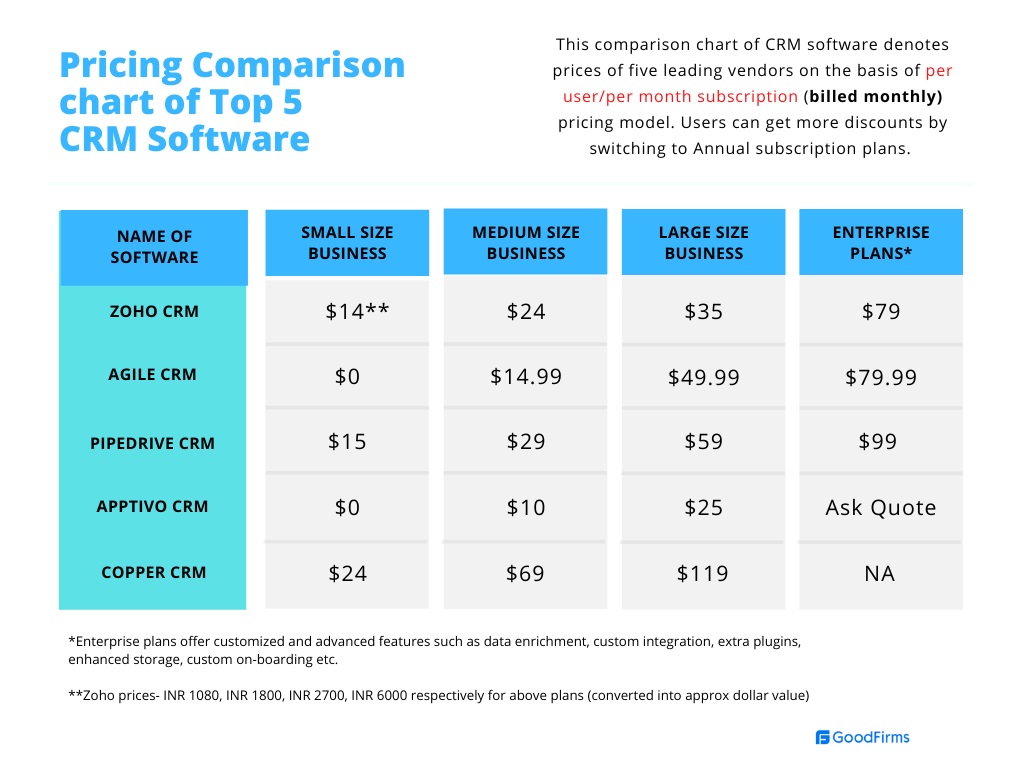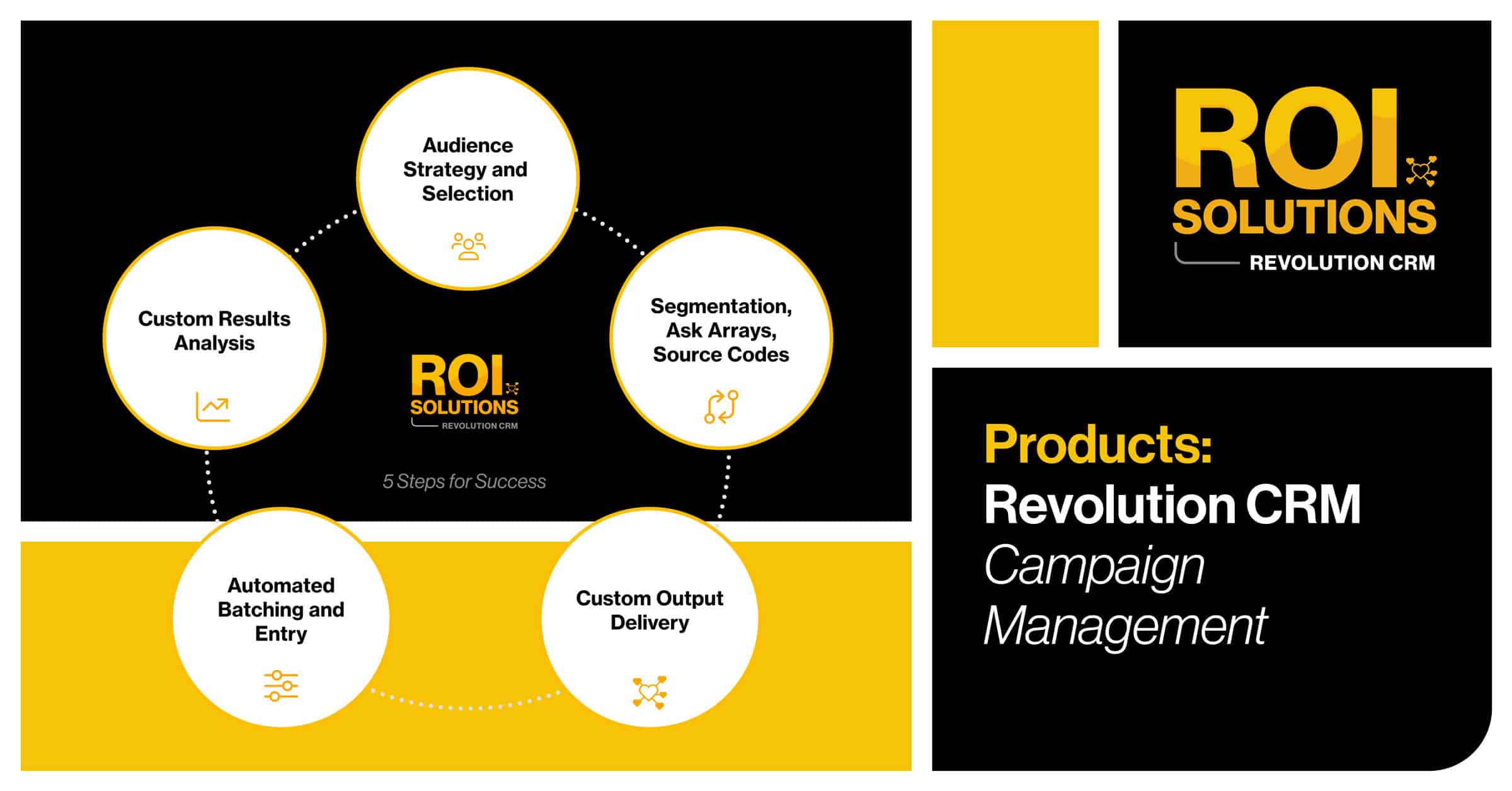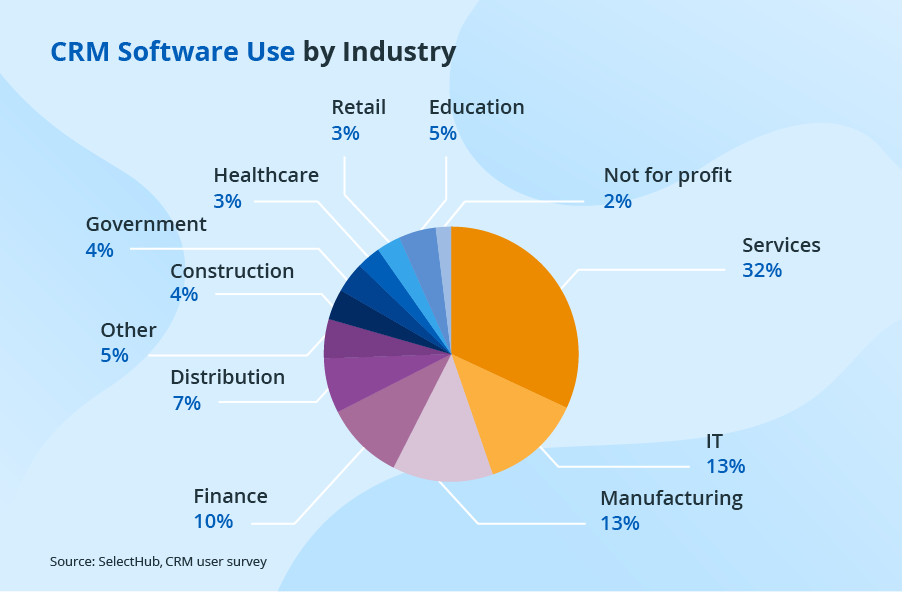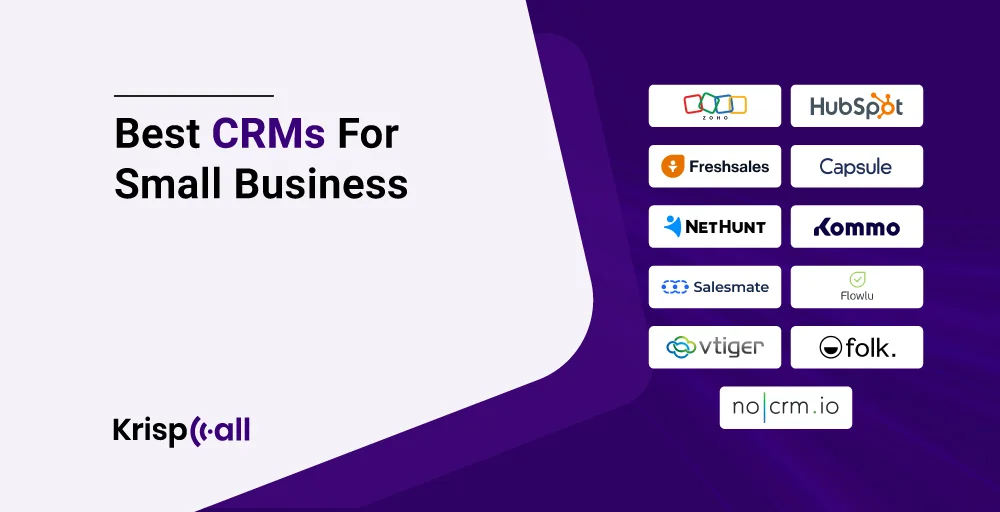Small Business CRM Showdown: Choosing the Right Customer Relationship Management System

Introduction: Navigating the CRM Maze for Your Small Business
Running a small business is a whirlwind. You’re juggling everything from product development and marketing to customer service and finance. In the midst of this chaos, one thing remains crucial: building and maintaining strong customer relationships. That’s where a Customer Relationship Management (CRM) system comes in. But with a plethora of options available, choosing the right CRM for your small business can feel like navigating a complex maze.
This comprehensive guide aims to simplify the process. We’ll delve into the world of small business CRMs, comparing key features, pricing, and usability. By the end, you’ll be well-equipped to choose a CRM that aligns perfectly with your unique business needs and goals. We’ll explore the benefits of CRM, examine the critical features you should look for, and then dive into detailed comparisons of some of the leading CRM providers in the market. Think of this as your personal CRM cheat sheet, helping you make an informed decision and avoid costly mistakes.
Why Your Small Business Needs a CRM
In the early days of a small business, you might think you can manage customer interactions with spreadsheets and email. However, as your customer base grows, this approach quickly becomes unsustainable. A CRM system provides a centralized hub for all your customer data, leading to significant improvements in efficiency and customer satisfaction. Here’s why a CRM is essential for your small business:
- Improved Organization: A CRM centralizes all customer information, including contact details, purchase history, communication logs, and support tickets. This eliminates the need to search through multiple spreadsheets or inboxes, saving you valuable time.
- Enhanced Customer Relationships: With a 360-degree view of each customer, you can personalize interactions, anticipate their needs, and provide exceptional customer service. This fosters loyalty and encourages repeat business.
- Streamlined Sales Processes: CRM systems automate sales tasks, such as lead management, follow-up reminders, and sales pipeline tracking. This allows your sales team to focus on closing deals rather than administrative tasks.
- Data-Driven Decision Making: CRM systems generate valuable insights into customer behavior, sales performance, and marketing effectiveness. This data empowers you to make informed decisions and optimize your business strategies.
- Increased Efficiency: Automation features within a CRM streamline many tasks, freeing up your team to focus on core business activities. This leads to improved productivity and reduced operational costs.
- Better Collaboration: A CRM facilitates collaboration between different departments, ensuring everyone has access to the same customer information and can work together seamlessly.
Key Features to Look for in a Small Business CRM
Not all CRMs are created equal. When selecting a CRM for your small business, consider these key features:
Contact Management
This is the foundation of any CRM. Look for a system that allows you to store and organize customer contact information, including names, email addresses, phone numbers, and social media profiles. The ability to segment your contacts based on various criteria (e.g., industry, location, purchase history) is also crucial.
Lead Management
A good CRM should help you capture, nurture, and qualify leads. Features to look for include lead scoring, lead tracking, and the ability to assign leads to specific sales representatives.
Sales Pipeline Management
This feature allows you to visualize your sales process and track the progress of each deal. It helps you identify bottlenecks, forecast sales, and manage your sales team’s performance.
Task Management and Automation
Automation is a key benefit of a CRM. Look for a system that allows you to automate repetitive tasks, such as sending follow-up emails, scheduling appointments, and creating tasks for your team. Task management features help you stay organized and ensure that nothing falls through the cracks.
Reporting and Analytics
A CRM should provide comprehensive reporting and analytics capabilities. This allows you to track key metrics, such as sales performance, customer satisfaction, and marketing ROI. The ability to customize reports to meet your specific needs is also important.
Integration with Other Tools
Your CRM should integrate seamlessly with the other tools you use, such as email marketing platforms, accounting software, and social media channels. This ensures that data flows smoothly between systems and that you have a complete view of your customer interactions.
Mobile Accessibility
In today’s fast-paced world, it’s crucial to have access to your CRM data on the go. Choose a CRM that offers a mobile app or a responsive web interface, allowing you to manage your business from anywhere.
Customer Support
When choosing a CRM, consider the level of customer support offered. Look for a provider that offers comprehensive documentation, tutorials, and responsive customer service. This support is crucial to ensure you can get the most out of your CRM and troubleshoot any issues that arise.
Top CRM Systems for Small Businesses: A Detailed Comparison
Now, let’s dive into a comparison of some of the leading CRM systems designed for small businesses. We’ll examine their key features, pricing, and usability to help you make the best choice for your needs.
1. HubSpot CRM
Overview: HubSpot CRM is a popular choice for small businesses, primarily due to its user-friendliness and generous free plan. It’s a comprehensive platform that offers a wide range of features, including contact management, sales pipeline management, and marketing automation.
Key Features:
- Free CRM with unlimited users and data storage
- Contact management and segmentation
- Deal tracking and sales pipeline management
- Email marketing and automation
- Reporting and analytics
- Integrations with popular apps (e.g., Gmail, Outlook, Slack)
Pricing: HubSpot CRM offers a free plan with basic features. Paid plans start at a relatively affordable price point, making it accessible for small businesses. The paid plans unlock more advanced features, such as advanced automation, custom reporting, and dedicated support.
Usability: HubSpot CRM is known for its intuitive interface and ease of use. It’s designed to be user-friendly, even for those with no prior CRM experience. The platform offers extensive documentation and tutorials to help users get started.
Pros:
- Free plan with robust features
- User-friendly interface
- Strong marketing automation capabilities
- Excellent integrations
Cons:
- Free plan has limitations on some features
- More advanced features can be expensive
2. Zoho CRM
Overview: Zoho CRM is another popular option, known for its affordability and extensive feature set. It’s a comprehensive CRM platform that caters to businesses of all sizes, but it’s particularly well-suited for small businesses looking for a cost-effective solution.
Key Features:
- Contact management and lead management
- Sales pipeline management and automation
- Workflow automation
- Email marketing integration
- Customization options
- Mobile app
Pricing: Zoho CRM offers a free plan for up to three users, which is a great starting point for very small businesses. Paid plans are competitively priced and offer a range of features to suit different needs. The pricing structure is transparent and scalable.
Usability: Zoho CRM has a slightly steeper learning curve compared to HubSpot, but it’s still relatively easy to use. The platform offers a wealth of customization options, which can be both a blessing and a curse, as it requires some time to configure the system to your specific needs.
Pros:
- Affordable pricing
- Extensive feature set
- Highly customizable
- Good integrations
Cons:
- Steeper learning curve than HubSpot
- Interface can feel cluttered at times
3. Pipedrive
Overview: Pipedrive is a sales-focused CRM designed to help sales teams manage their deals and close more sales. It’s known for its intuitive interface and visual sales pipeline, making it easy to track the progress of each deal.
Key Features:
- Visual sales pipeline
- Contact management
- Deal tracking and management
- Activity tracking and reminders
- Reporting and analytics
- Integrations with popular apps
Pricing: Pipedrive offers a tiered pricing structure based on the number of users and features. It’s generally considered to be competitively priced, especially for its focus on sales pipeline management.
Usability: Pipedrive is renowned for its user-friendly interface and ease of use. The visual sales pipeline is particularly helpful for sales teams, as it allows them to quickly see the status of each deal and identify any bottlenecks.
Pros:
- User-friendly interface
- Visual sales pipeline
- Sales-focused features
- Good integrations
Cons:
- Limited marketing automation features
- Can be expensive for larger teams
4. Freshsales
Overview: Freshsales, by Freshworks, is a sales-focused CRM that offers a blend of features to help sales teams manage leads, close deals, and provide excellent customer service. It’s a good option for businesses that want a comprehensive CRM solution with a focus on sales and customer support.
Key Features:
- Contact management and lead scoring
- Sales pipeline management
- Built-in phone and email integration
- Workflow automation
- Reporting and analytics
- Customer support features
Pricing: Freshsales offers a free plan with basic features. Paid plans are competitively priced and offer a range of features to suit different needs. The pricing structure is transparent and scalable.
Usability: Freshsales has a clean and intuitive interface. The platform offers a good balance of features and ease of use, making it accessible to both experienced and novice CRM users.
Pros:
- Good value for money
- Sales and customer support features
- User-friendly interface
- Built-in phone and email integration
Cons:
- Limited free plan features
- Some advanced features may require a higher-tier plan
5. Agile CRM
Overview: Agile CRM is a comprehensive CRM that offers a wide range of features for sales, marketing, and customer service. It’s a good option for small businesses looking for an all-in-one solution.
Key Features:
- Contact management
- Sales pipeline management
- Marketing automation
- Helpdesk features
- Reporting and analytics
- Integrations with popular apps
Pricing: Agile CRM offers a free plan with limited features. Paid plans are competitively priced and offer a range of features to suit different needs. The pricing structure is scalable and affordable for small businesses.
Usability: Agile CRM has a user-friendly interface and is relatively easy to use. The platform offers a good balance of features and ease of use, making it accessible to both experienced and novice CRM users.
Pros:
- All-in-one solution
- Marketing automation features
- Helpdesk features
- Competitive pricing
Cons:
- Interface can feel a bit cluttered
- Some features may require a higher-tier plan
Choosing the Right CRM: A Step-by-Step Guide
Selecting the perfect CRM for your small business is a process. Here’s a step-by-step guide to help you make the right decision:
1. Define Your Needs and Goals
Before you start comparing CRM systems, take the time to define your specific needs and goals. What are your current challenges? What do you want to achieve with a CRM? Consider questions like:
- What are your primary business goals? (e.g., increase sales, improve customer satisfaction, streamline processes)
- What are your biggest pain points in managing customer relationships?
- What features are essential for your business?
- How many users will need access to the CRM?
- What is your budget?
Answering these questions will help you narrow down your choices and focus on the CRM systems that best align with your requirements.
2. Research and Compare CRM Systems
Once you have a clear understanding of your needs, it’s time to research and compare different CRM systems. Consider the following:
- Features: Does the CRM offer the features you need, such as contact management, lead management, sales pipeline management, and reporting?
- Pricing: Is the pricing affordable and scalable for your business?
- Usability: Is the CRM easy to use and navigate?
- Integrations: Does the CRM integrate with the other tools you use?
- Customer Support: Does the provider offer adequate customer support?
- Reviews: Read reviews from other small businesses to get insights into their experiences.
3. Evaluate Free Trials and Demos
Most CRM providers offer free trials or demos. Take advantage of these opportunities to test out the systems you’re considering. This will give you a hands-on experience and allow you to evaluate the usability and functionality of each CRM.
4. Consider Scalability
Choose a CRM that can grow with your business. Consider the scalability of the platform. Can it handle an increasing number of users and data? Does it offer advanced features as your business expands?
5. Factor in Training and Implementation
Consider the time and resources required for training and implementation. Some CRM systems are easier to set up and use than others. Factor in the time it will take to train your team and migrate your data.
6. Make Your Decision
After evaluating all the factors, it’s time to make your decision. Choose the CRM that best meets your needs, goals, and budget. Consider the long-term benefits and the potential for growth.
Tips for a Successful CRM Implementation
Once you’ve selected a CRM, successful implementation is crucial. Here are some tips to ensure a smooth transition:
- Plan Ahead: Develop a detailed implementation plan, including timelines, responsibilities, and data migration strategies.
- Involve Your Team: Involve your team in the implementation process. Get their feedback and address their concerns.
- Data Migration: Clean and organize your data before migrating it to the CRM.
- Training: Provide comprehensive training to your team on how to use the CRM.
- Customize the CRM: Customize the CRM to meet your specific business needs.
- Monitor and Evaluate: Monitor the performance of the CRM and make adjustments as needed.
- Seek Support: Don’t hesitate to contact the CRM provider’s customer support for assistance.
Conclusion: Embracing the Power of CRM for Small Business Growth
Choosing the right CRM system is a significant investment in your small business’s future. By centralizing your customer data, streamlining your sales processes, and gaining valuable insights, a CRM can help you build stronger customer relationships, improve efficiency, and drive growth. Take the time to evaluate your needs, research the available options, and choose the CRM that’s the perfect fit for your business. With the right CRM in place, you’ll be well-equipped to navigate the competitive landscape and achieve long-term success.
Remember, the best CRM is the one that you and your team will actually use. Prioritize usability and choose a system that aligns with your business goals. The journey of implementing a CRM can be transformative. By following the steps outlined in this guide and by making a considered choice, you can unlock the full potential of your customer relationships and take your small business to the next level. The right CRM is more than just software; it is a strategic partner in your success.




